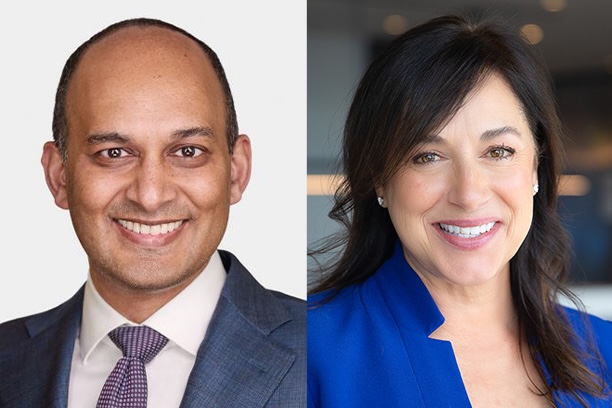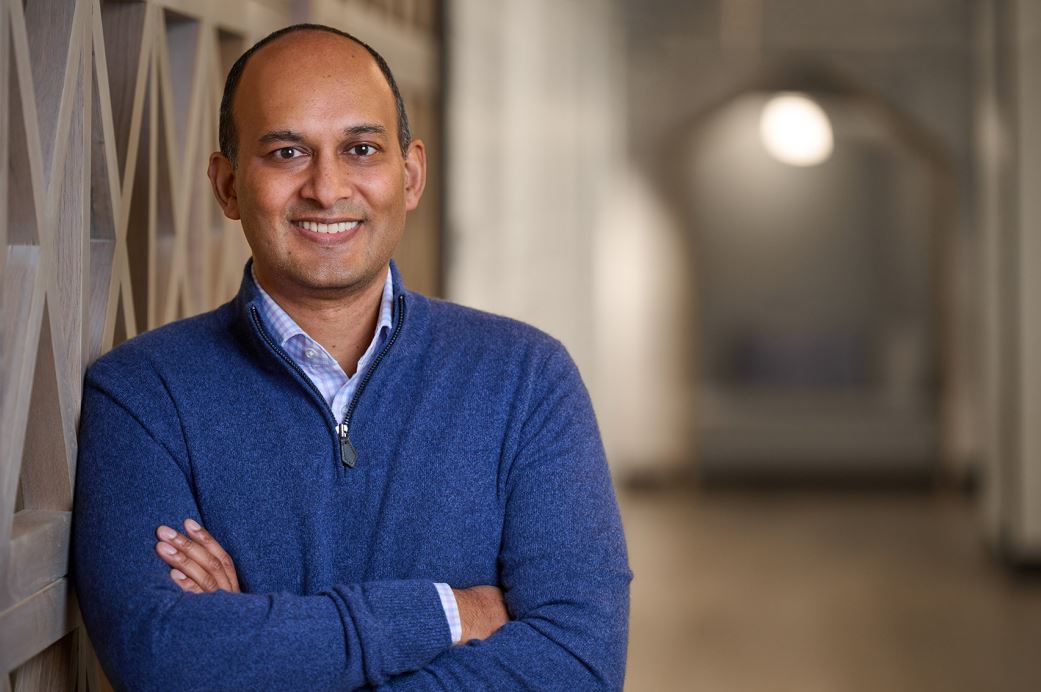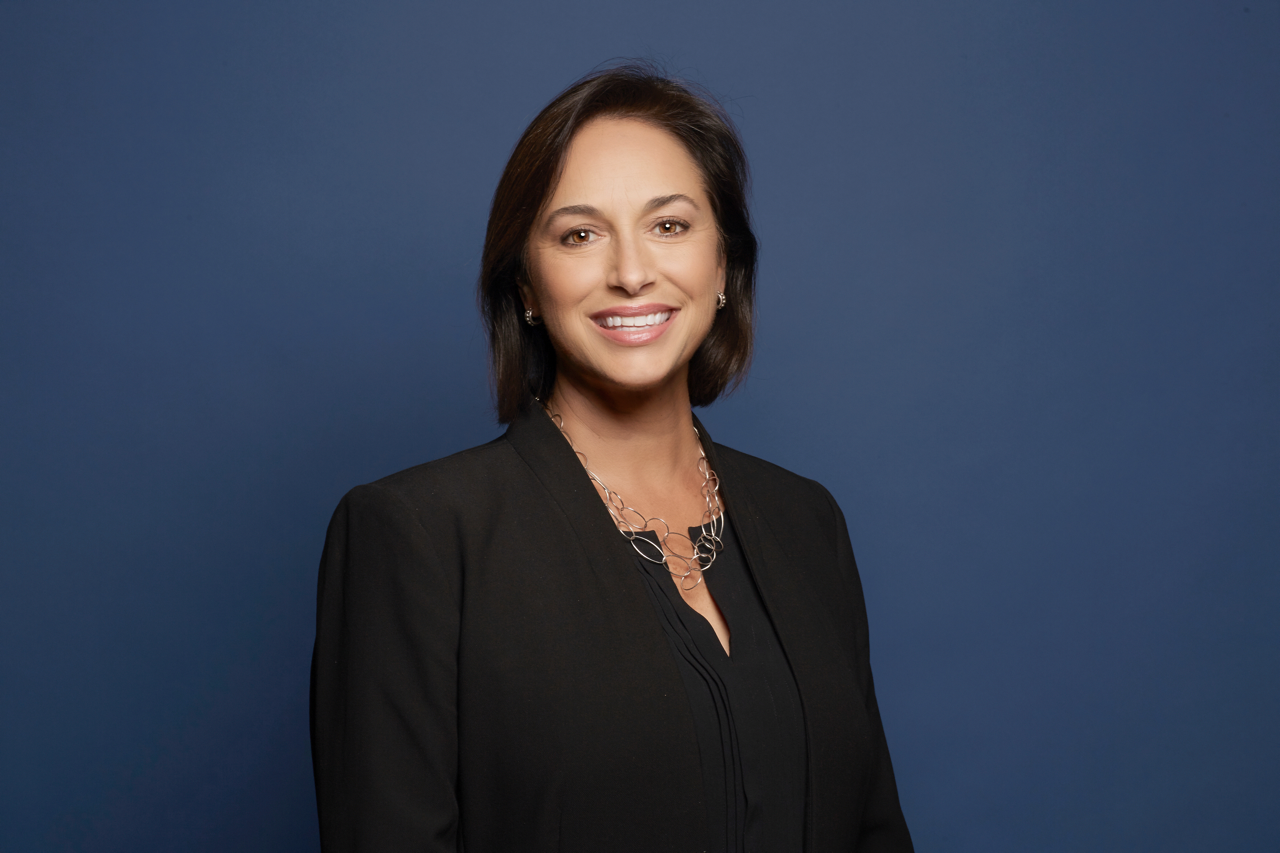Sree Chaguturu: If we want to make sure that this incredible opportunity doesn't slip through our hands, we need to make sure that as we roll this out that we explain, clearly and meticulously and repeatedly, what AI is, why it's important, and how we're ensuring that it's safe, effective, and is going to be designed with equity in mind to improve healthcare outcomes. And when we see it not doing that, we will address it as quickly as possible. So it's not about just the innovation; it's how we implement the innovation that's going to be really important in this upcoming year so that we can continue to build on that early success.
As we are at this inflection point, we want to make sure that we have a regulatory framework that helps spur on innovation, but simultaneously helps us ensure the safety of the work. This is going to be a really important time as the private sector works closely with regulatory agencies and legislators to make sure that we help support this important time in healthcare technology.
Karen DeSalvo: I think that the government has been really open about the fact that because generative AI is a relatively new technology, they need partnership with the private sector and civil society to understand the potential and the possible risks as they're thinking about developing their framework. Governments and the private sector will need to get aligned to share knowledge and experience and expertise so that governments can make decisions about the right framing for regulation. I have always been a believer that when we partner together we can go further, and we are seeing that governments, regulators, and companies like Google and CVS Health want to be part of the process to create frameworks and guidelines that result in better health outcomes for everyone.
This interview has been edited for clarity and brevity.
Dr. Sree Chaguturu
Dr. Sree Chaguturu, MD is Executive Vice President and Chief Medical Officer of CVS Health. He leads the CVS Health Medical Affairs organization spanning Aetna, CVS Caremark, CVS Pharmacy, MinuteClinic, Oak Street Health, Signify Health, women’s health and genomics, data and analytics, patient safety, behavioral health, and health equity. Sree is focused on advancing the highest possible clinical quality standards, increasing access to care, improving patient outcomes, and reducing overall healthcare costs across the CVS Health enterprise. Prior to joining CVS Health, Sree was chief population health officer of Mass General Brigham. He is also a practicing internal medicine physician at Massachusetts General Hospital.
Dr. Karen DeSalvo
Dr. Karen DeSalvo is Chief Health Officer at Google, where she leads the team of health professionals who provide guidance for health research, products, and services across Google, including those for Google’s own employees and their family members. She is a physician executive and public health expert who served in the Obama Administration as National Coordinator of Health Information Technology and Acting Assistant Secretary for Health. She was formerly New Orleans Health Commissioner and Vice Dean at Tulane School of Medicine.


